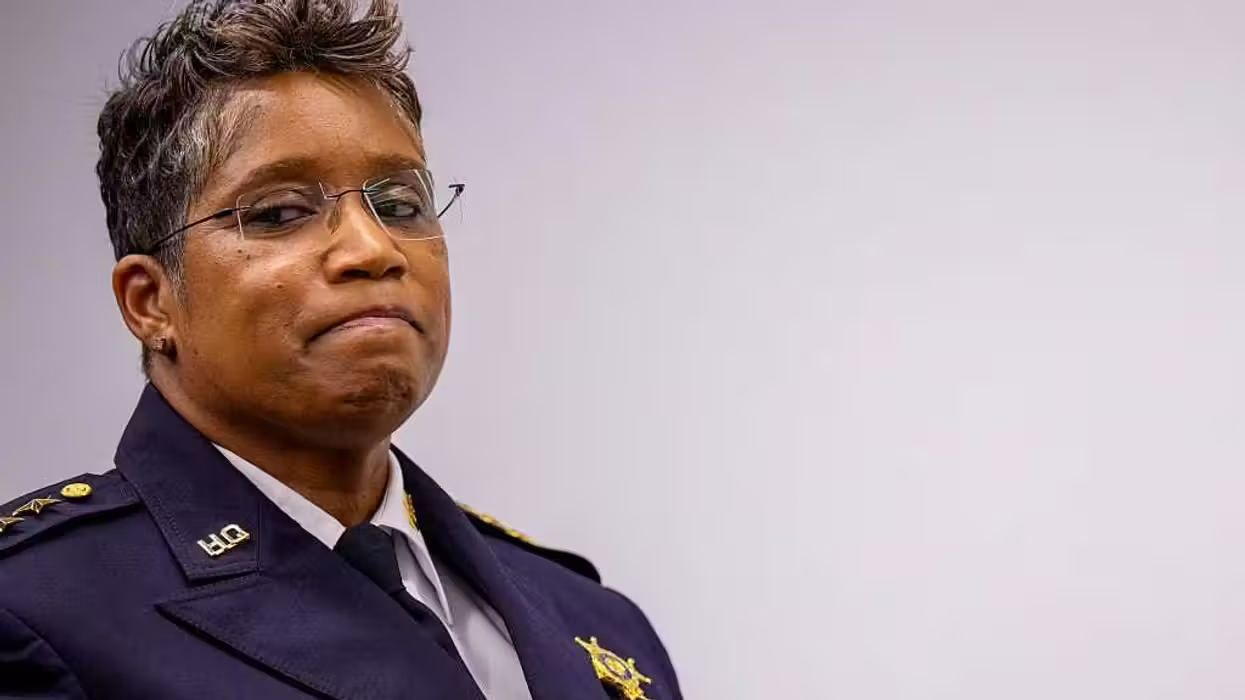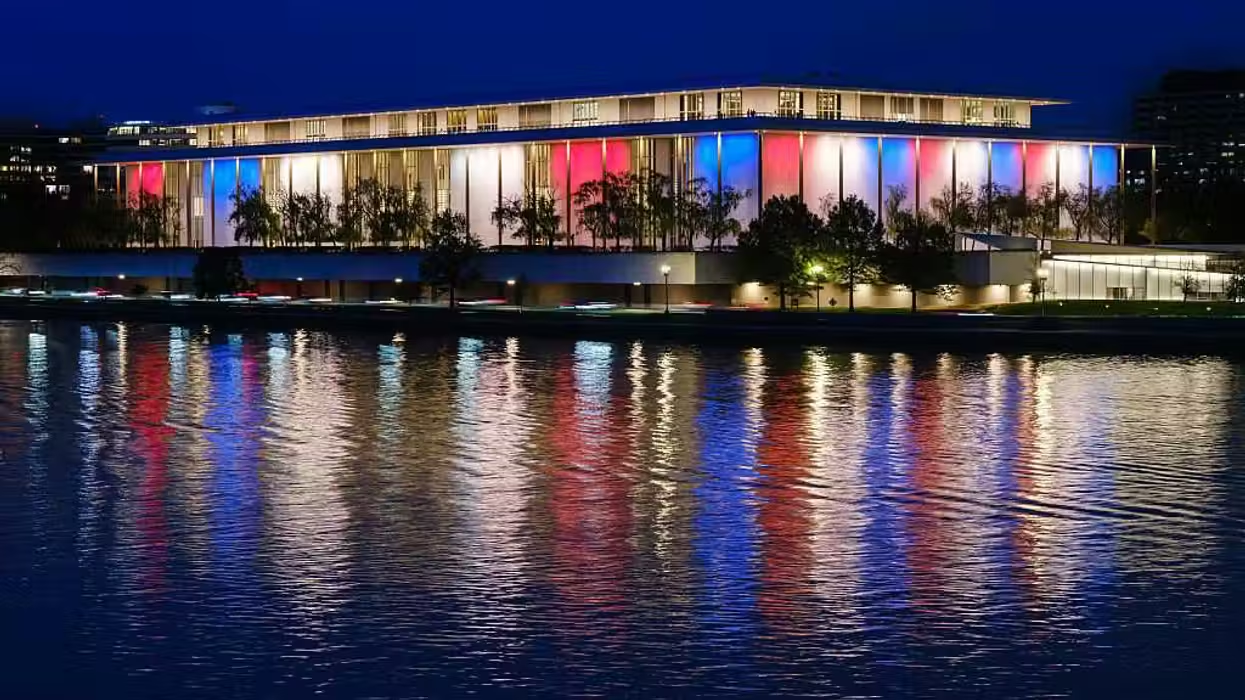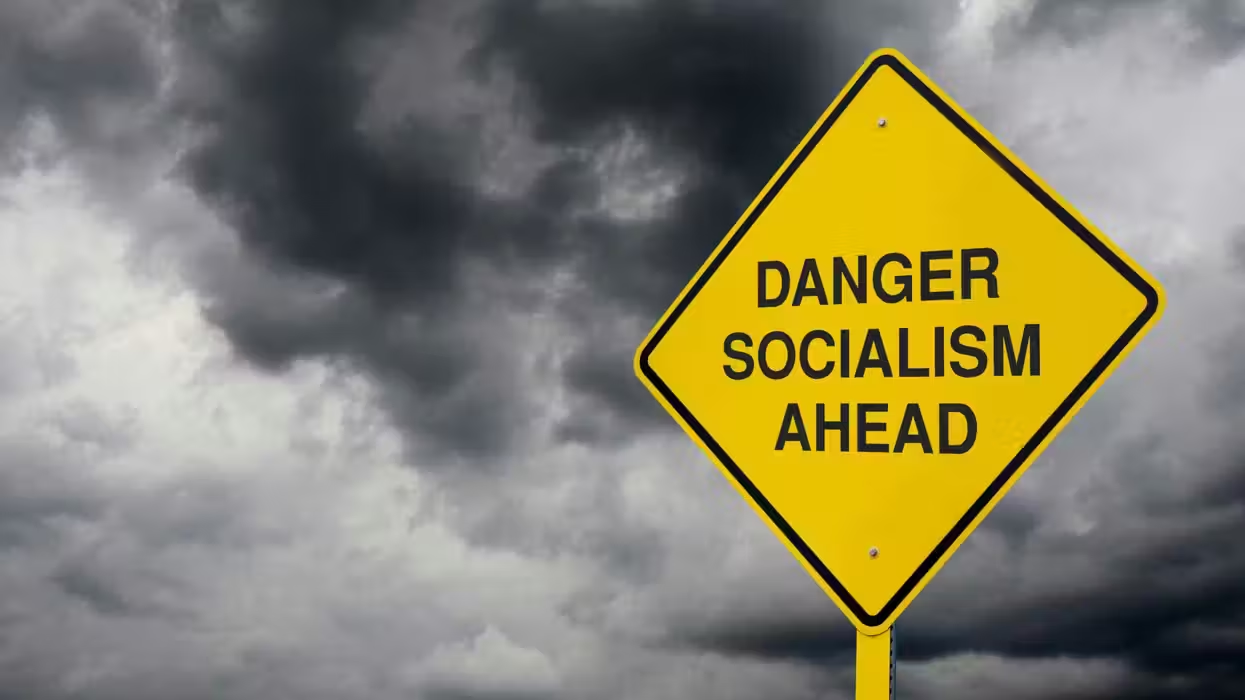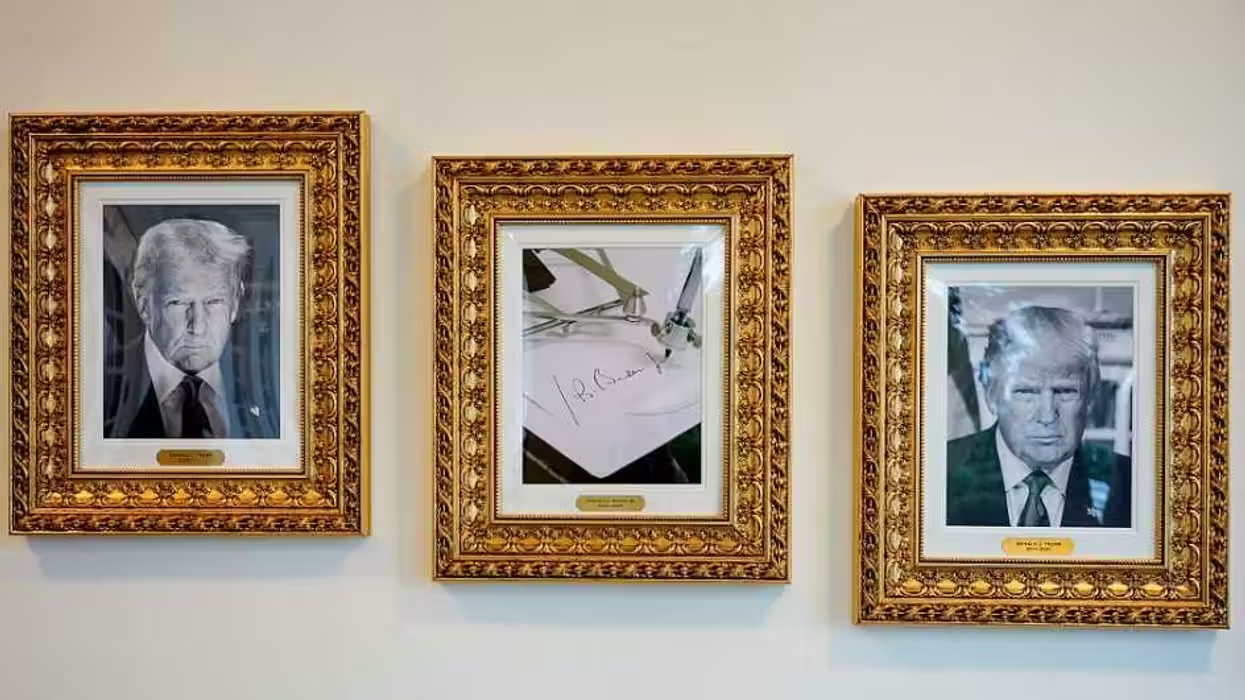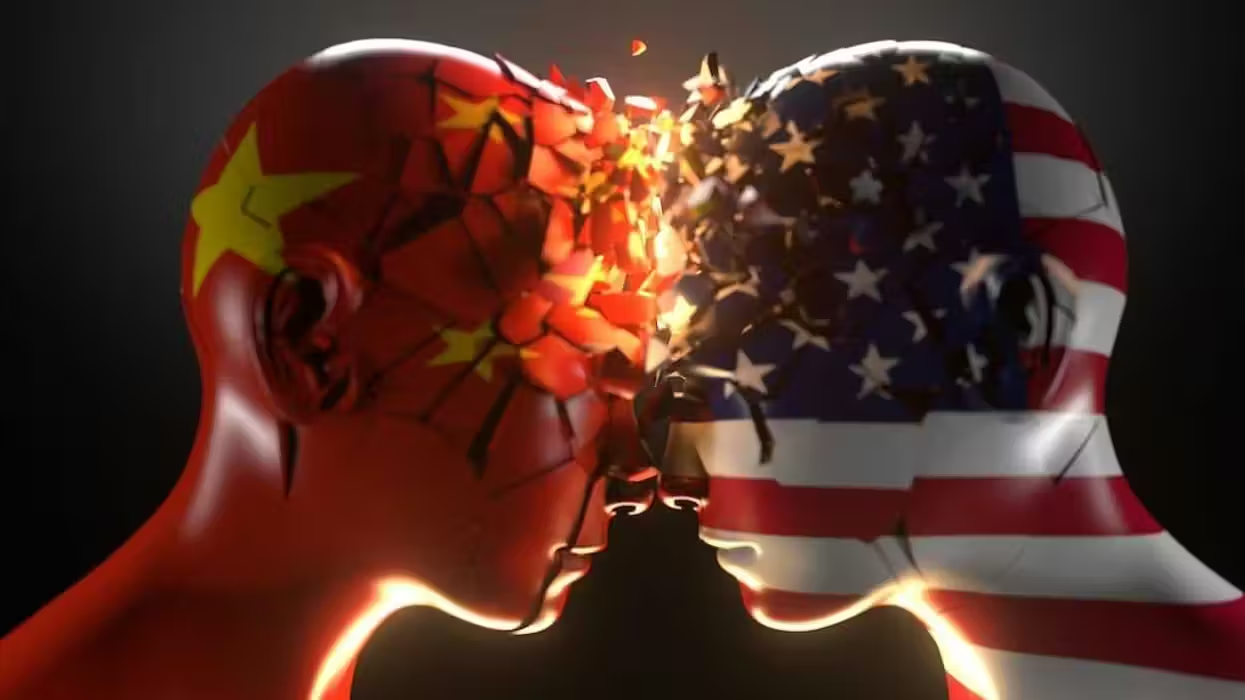 Credit: AP
Credit: AP
When it comes to gun control, Japan differs greatly from the United States. To begin, handguns are banned in the East Asian nation and heavy restrictions are placed on other weapons. And while firearms are few and far between in Japanese culture, so is gun violence. With 130 million residents, there were only seven gun murders in 2011. In contrast, in the U.S., thousands of killings are conducted using firearms each year.
Considering the disparity in the number of gun-related deaths, some might question whether Japan's restrictive policies are helping keep these rates low. However, such a discussion is a contentious one that involves intense cultural and legal analysis. July 2012 report by The Atlantic describes the policy differences surrounding and governing weapons:
Even the most basic framework of Japan's approach to gun ownership is almost the polar opposite of America's. U.S. gun law begins with the second amendment's affirmation of the "right of the people to keep and bear arms" and narrows it down from there. Japanese law, however, starts with the 1958 act stating that "No person shall possess a firearm or firearms or a sword or swords," later adding a few exceptions. In other words, American law is designed to enshrine access to guns, while Japan starts with the premise of forbidding it. The history of that is complicated, but it's worth noting that U.S. gun law has its roots in resistance to British gun restrictions, whereas some academic literature links the Japanese law to the national campaign to forcibly disarm the samurai, which may partially explain why the 1958 mentions firearms and swords side-by-side.
But it's not as though guns don't exist in Japan; in fact, hundreds of thousands of weapons are registered and in use. Though its gun ownership rates are tiny compared to the United States, Japan has more than 120,000 registered gun owners and more than 400,000 firearms.
So, what's the secret to the low gun violence rate? Some Japanese argue that the cultural view on firearms, mixed with the tough laws, is what helps keep violent gun death rates low.
"We have a very different way of looking at guns in Japan than people in the United States," said Tsutomu Uchida, who runs the KanagawaOhi Shooting Range, an Olympic-style training center for rifle enthusiasts. "In the U.S., people believe they have a right to own a gun. In Japan, we don't have that right. So our point of departure is completely different."
 Credit: Getty Images
Credit: Getty Images
Treating gun ownership as a privilege and not a right leads to some important policy differences (let's also keep in mind that Japan even registers Samurai swords, as reported recently by CNN). To say that the East Asian nation is strict on firearms is an understatement, as the process to obtain a weapon is intense.
First, anyone who wants to get a gun must demonstrate a valid reason why they should be allowed to do so. Under longstanding Japanese policy, there is no good reason why any civilian should have a handgun, so -- aside from a few dozen accomplished competitive shooters -- they are completely banned. This, of course, runs in contradiction to the U.S. Constitution, which affords Americans the right to bear arms.
In Japan, gun violence doesn't come regularly -- and when it does, the Associated Press claims that it is attributable to criminals. Virtually all handgun-related crime comes at the hands of gangsters, who obtain them on the black market. But such crime is extremely rare and when it does occur, police crack down hard on whatever gang is involved, so even gangsters see it as a last-ditch option.
There is an exception in firearm policy, though. Rifle ownership is allowed for the general public, but it is still tightly controlled. Applicants first must go to their local police station and declare their intent. After a lecture and a written test comes range training, then a background check. Police likely will even talk to the applicant's neighbors to see if he or she is known to have a temper, financial troubles or an unstable household. And on the mental health front, doctor must sign a form saying the applicant has not been institutionalized and is not epileptic, depressed, schizophrenic, alcoholic or addicted to drugs.
And the restrictions don't end there. Gun owners must tell the police where in the home the gun will be stored. It must be kept under lock and key, must be kept separate from ammunition, and preferably chained down. It's legal to transport a gun in the trunk of a car to get to one of the country's few shooting ranges, but if the driver steps away from the vehicle and gets caught, that's a violation.
In a recent CNN report, one man who went through the process said that it took a total of 40 days for him to take the classes, file the necessary paperwork, get medical clearance and obtain his gun. Despite the elongated process, the individual said that he supports the process.
"This is a tool that can end someone's life," he said. "There should be a strict screening process."
Watch the report, below, which sheds further light on the process and the legalities surrounding it:
While these regulations may seem like a dream-come-true for gun control advocates, people like Uchida claim that Japan's gun laws are frustrating, overly complicated and can seem capricious -- all elements that would be viewed as problematic and unconstitutional to conservative Americans who do not currently live under such regulatory structures.
"It would be great if we had an organization like the National Rifle Association to stand up for us," he said, though he acknowledged that there is no significant movement in Japan to ease gun restrictions.
Despite his view on the NRA and gun rights, Uchida noted that cultural differences would make applying American laws to Japan quite problematic. Furthermore, he said that the Japan's system wouldn't work in the U.S., citing the tendency for Japanese to defer to authority and place a very high premium on an ordered, low-crime society.
"We have our way of doing things, and Americans have theirs," said Yasuharu Watabe, 67, who has owned a gun for 40 years. "But there need to be regulations. Put a gun in the wrong hands, and it's a weapon."
The Associated Press contributed to this report.
--
Related:



